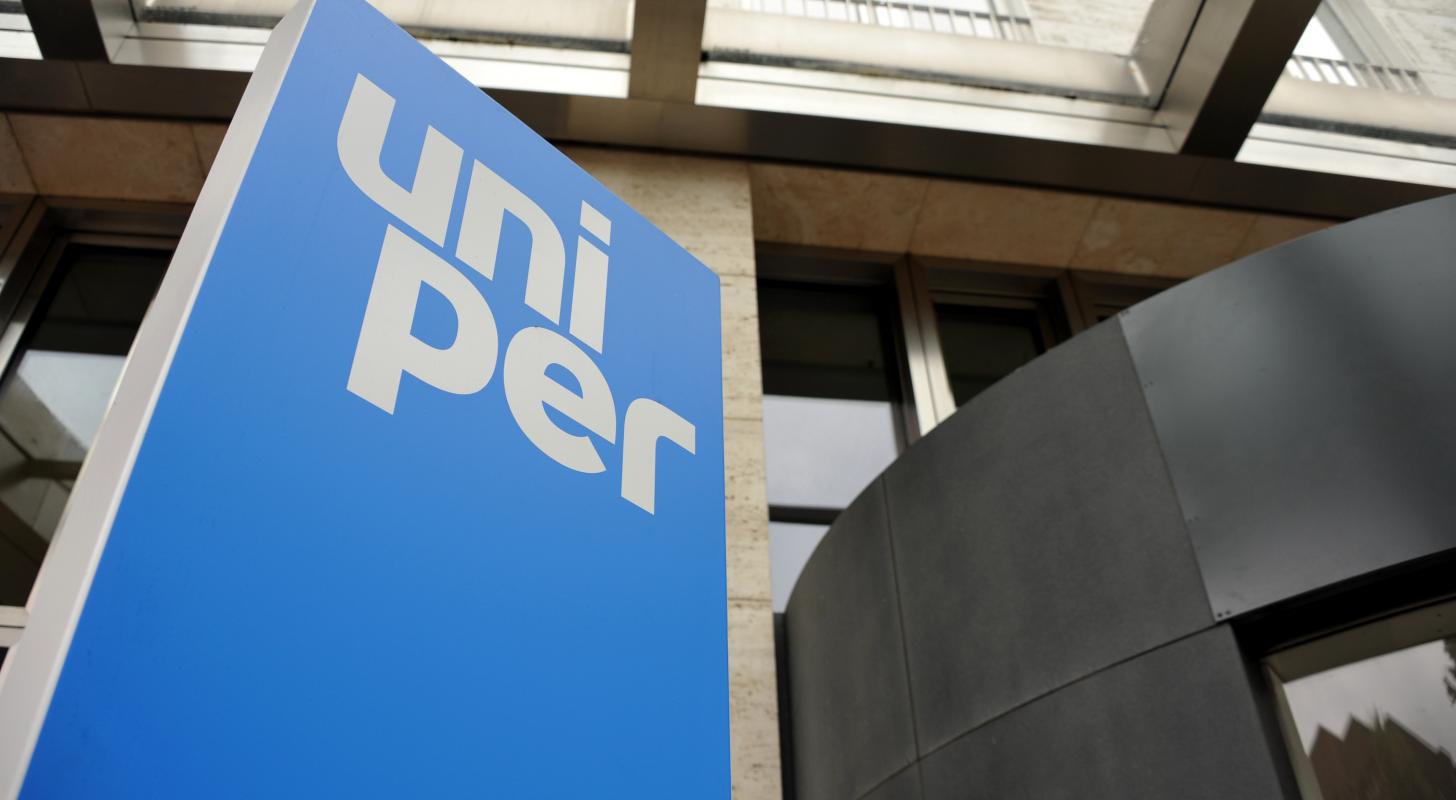Commodities
Scholz confirms Germany’s intention to buy 30% of Uniper shares

Gas crisis forces EU governments to use this mechanism more and more often.
German Chancellor Olaf Scholz at a press conference in Berlin, said that the German government will buy 30% of the shares of the energy concern Uniper to save the company during the financial crisis amid falling gas supplies from Russia, reports the German newspaper Hadelsblatt.
According to him, the shareholders and the Finnish government have informed the German authorities about the agreement. Uniper shares will be bought back at a face value of 1.7 euros per share, he said. In total, the government will buy back about 157 million common shares worth 267 billion euros.
It is also specified that the German government will finance the company for 7.7 billion euros as part of aid to Uniper in the financial crisis. Also, the state development bank (Kreditanstalt fur Wiederaufbau, KfW) will have to increase the amount of loans from 2 billion to 9 billion euros.
The government also noted that 90% of the additional costs for the company to purchase more expensive energy from other suppliers will be distributed among consumers. The mechanism will come into force on October 1. According to the chancellor, the fee will cost each family of four about 200-300 euros a year.
In early July, Uniper, in which the Finnish company Fortum owned a 78 percent stake, asked the German government for help. After Gazprom cut its gas through Nord Stream by 60%, the company began buying hydrocarbons from alternative suppliers at prices significantly higher than those specified in its contract with the Russian supplier.
Fortum of Finland will hold 56% of the shares and will maintain its status as the power concern’s blocking shareholder upon completion of the deal.
Uniper is the majority owner of the Russian power generating company Unipro, owning 83.73% of its shares. Uniper started the process of selling its stake in Unipro at the end of last year, but it was halted this spring. The company said it would continue the process of selling its stake in the Russian asset as soon as possible.
Uniper is Germany’s largest importer of Russian gas
July 18, Reuters reported that the concern has received a letter from Gazprom with a message of force majeure circumstances on the supply of gas from June 14. The agency specified that Gazprom explained the inability to meet contractual obligations to export gas “extraordinary circumstances beyond its control”. Uniper said the statement was unfounded and officially denied force majeure.
According to Reuters, Gazprom has also sent a similar letter to RWE. In mid-June, exports of Russian gas through the pipeline Nord Stream (55 billion cubic meters of gas per year) decreased by 40% because of problems with the equipment being repaired in Canada. On July 21, Nord Stream resumed its flow, but only 40 percent of the pipeline was used.
The German government is implementing a “soft” nationalization scenario for Uniper
The German government agreed on a project for the nationalization of energy companies back on July 5, which, however, did not point to Uniper directly at that time. Now we are talking about nationalization of the stake in the company with compensation of its value to shareholders. De jure, the transfer of shares in state ownership is formalized as a market transaction, but Uniper could not fail to sell its shares.
Against the background of the energy crisis, similar mechanisms of nationalization of the infrastructure of oil and gas companies may be used in other EU countries in relation to other market players.
In late June, the German Finance Ministry came up with the initiative to nationalize the German part of the gas pipeline Nord Stream – 2 (designed capacity – 55 billion cubic meters per year), reported Spiegel, citing sources.
But the acquisition of Uniper by the German government should be seen more as an anti-crisis management than as a new, deliberate change in state policy. The energy market in the EU in general and Germany in particular is in crisis not only because of the decline of gas supplies from Russia: it is also affected by a sharp increase in spot prices, to which long-term contracts were tied, the lack of available volumes on the market, the decline of own production in the EU and a lot of other factors.
In Europe, spot gas prices remain high. On July 22, the TTF hub in the Netherlands had an August futures price of about $1,700 per 1000 cubic meters.
Commodities
Oil prices rise; U.S. crude inventories plunge, Russia-Ukraine truce eyed
Commodities
India’s Reliance to stop buying Venezuelan oil over US tariffs, sources say
Commodities
Oil prices climb on Venezuela supply worries

 Forex3 years ago
Forex3 years agoForex Today: the dollar is gaining strength amid gloomy sentiment at the start of the Fed’s week

 Forex3 years ago
Forex3 years agoUnbiased review of Pocket Option broker

 Forex3 years ago
Forex3 years agoDollar to pound sterling exchange rate today: Pound plummeted to its lowest since 1985

 Forex3 years ago
Forex3 years agoHow is the Australian dollar doing today?

 Cryptocurrency3 years ago
Cryptocurrency3 years agoWhat happened in the crypto market – current events today

 World3 years ago
World3 years agoWhy are modern video games an art form?

 Commodities3 years ago
Commodities3 years agoCopper continues to fall in price on expectations of lower demand in China

 Economy3 years ago
Economy3 years agoCrude oil tankers double in price due to EU anti-Russian sanctions























